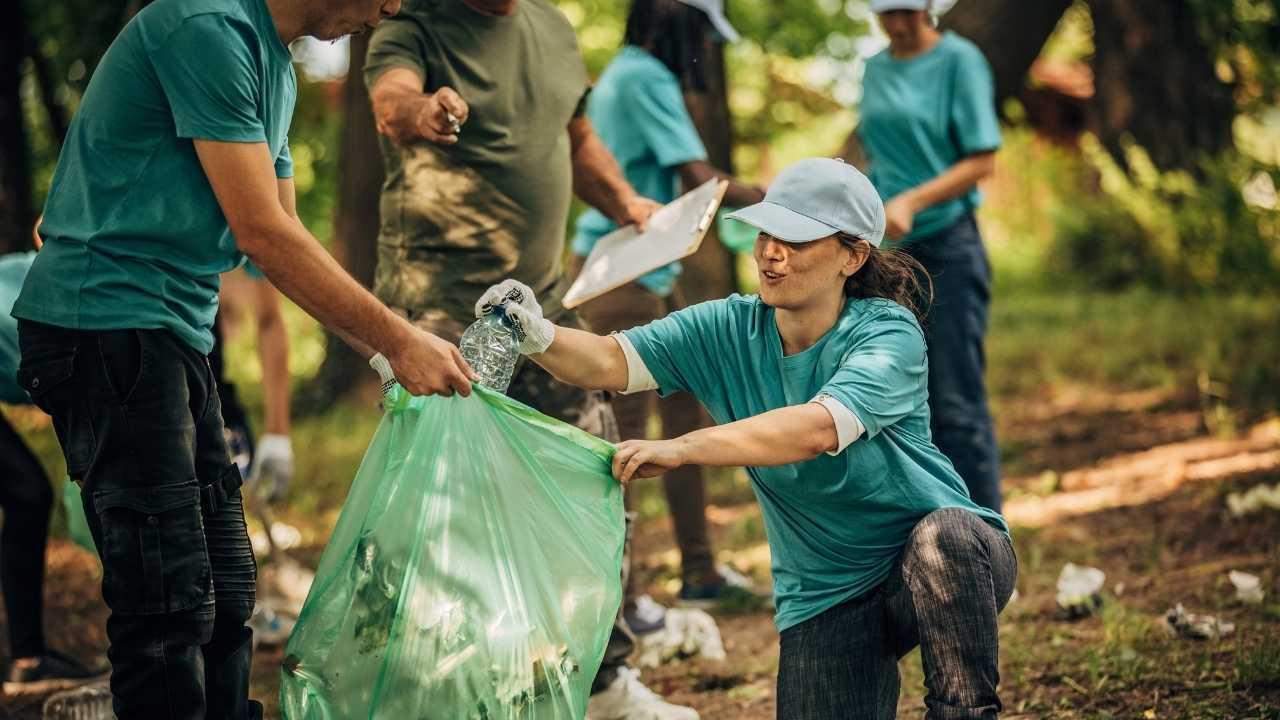
Post by : Saifi Sam
Human activity has left a profound mark on the planet. From rising pollution levels to the loss of biodiversity, the evidence is everywhere. Yet, while the human impact on the environment has been significant, science and policy show that change is still possible. By making conscious choices at individual, community, and global levels, we can reduce environmental damage and create a sustainable future.
This article explores the human footprint on the Earth, the consequences we are facing, and the steps we can still take to reverse the damage.
Industrialization and Energy Use
The industrial revolution gave birth to technological progress, but it also brought the burning of fossil fuels on a massive scale. Today, coal, oil, and gas remain the dominant energy sources, releasing greenhouse gases that drive global warming.
Deforestation and Habitat Loss
Forests are often called the lungs of the Earth, yet they are being destroyed for timber, farming, and urban expansion. The Amazon rainforest, for example, has lost millions of acres in the past few decades. Deforestation not only reduces biodiversity but also worsens climate change by eliminating trees that absorb carbon dioxide.
Plastic and Waste Pollution
From oceans filled with microplastics to overflowing landfills, human waste has become a global challenge. Single-use plastics, in particular, have created long-lasting pollution that affects wildlife and food chains.
Urbanization and Overconsumption
Cities continue to expand, putting pressure on natural resources. Overconsumption of energy, water, and food leads to unsustainable demands on ecosystems. The human lifestyle is deeply tied to the strain placed on the planet.
Climate Change
Human-driven greenhouse gas emissions have led to record-breaking heatwaves, rising sea levels, and unpredictable rainfall patterns. Climate science in 2025 confirms that without reducing emissions, extreme weather events will become even more frequent.
Loss of Biodiversity
Wildlife populations have declined drastically due to habitat destruction, hunting, and pollution. Species extinction rates are now up to 1,000 times higher than natural background levels, threatening the balance of ecosystems.
Ocean Degradation
Oceans absorb both heat and carbon dioxide, but this has consequences. Coral reefs are bleaching, fish populations are declining, and acidification threatens marine life. The impact of human activity on the ocean ecosystem is one of the most alarming environmental issues today.
Air and Water Pollution
Industrial activities and vehicle emissions continue to pollute the air, causing respiratory diseases. Rivers and lakes face contamination from chemicals, sewage, and agricultural runoff, reducing clean water availability.
The damage is significant, but it is not too late. By adopting sustainable practices, the world can still reduce environmental harm.
Transition to Renewable Energy
Replacing fossil fuels with solar, wind, and hydro power is one of the most effective solutions. Renewable energy reduces emissions and creates long-term economic benefits.
Protecting and Restoring Forests
Stopping deforestation and investing in reforestation projects can help restore biodiversity and capture carbon. Programs that promote sustainable farming and eco-friendly land use are making progress globally.
Reducing Plastic and Waste
Governments and companies are phasing out single-use plastics, but individuals also play a role. Using reusable bags, bottles, and containers can drastically reduce waste. Recycling and composting are simple yet powerful steps.
Sustainable Agriculture and Food Choices
Modern farming practices often harm soil and water systems. Shifting to sustainable farming techniques like crop rotation, organic farming, and water-efficient irrigation can help. Reducing meat consumption and choosing plant-based diets also lower the environmental footprint.
Cleaner Cities and Transportation
Investing in public transport, cycling infrastructure, and electric vehicles can reduce urban pollution. Green building designs can also make cities more energy-efficient and livable.
International Agreements
Global policies like the Paris Agreement on climate change highlight the need for countries to act together. International cooperation ensures that both developed and developing nations share responsibility for reducing emissions.
Local Government and Community Action
Local authorities can introduce initiatives like banning plastics, protecting wetlands, or improving waste management. Community-led environmental movements often drive positive change faster than top-down policies.
Education and Awareness
Environmental education empowers individuals to make informed choices. Awareness campaigns on topics like recycling, water conservation, and energy saving are crucial to creating lasting change.
While large-scale policies and corporate action are essential, individual contributions matter too. Simple changes can add up when practiced by millions of people:
Using renewable energy at home.
Conserving water and electricity.
Choosing eco-friendly products.
Supporting businesses with sustainable practices.
Human actions have undeniably harmed the environment, but the story is not over. Science shows us that by reducing emissions, protecting ecosystems, and shifting toward sustainable living, we can still make a difference. The human impact on the environment may be vast, but so is our ability to change. The choices we make today will decide the health of our planet tomorrow.
This article is published by GCC News 24 for informational purposes only. It highlights the human impact on the environment and explores possible solutions. The views shared are based on scientific and environmental research and do not represent professional advice.
#trending #latest #GCCNews24 #HumanImpact #EnvironmentMatters #SustainableFuture #EcoFriendlyChoices #ClimateAction #GreenLiving #ProtectNature #SustainablePlanet #ChangeForEarth
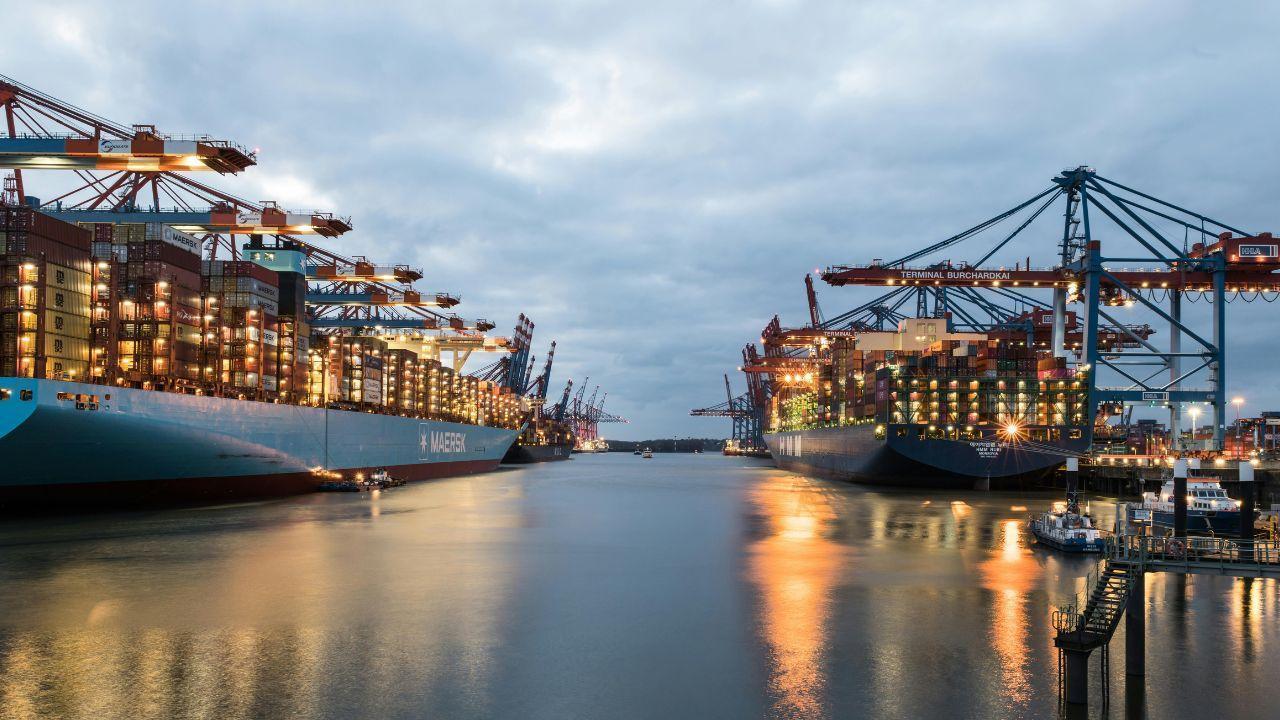
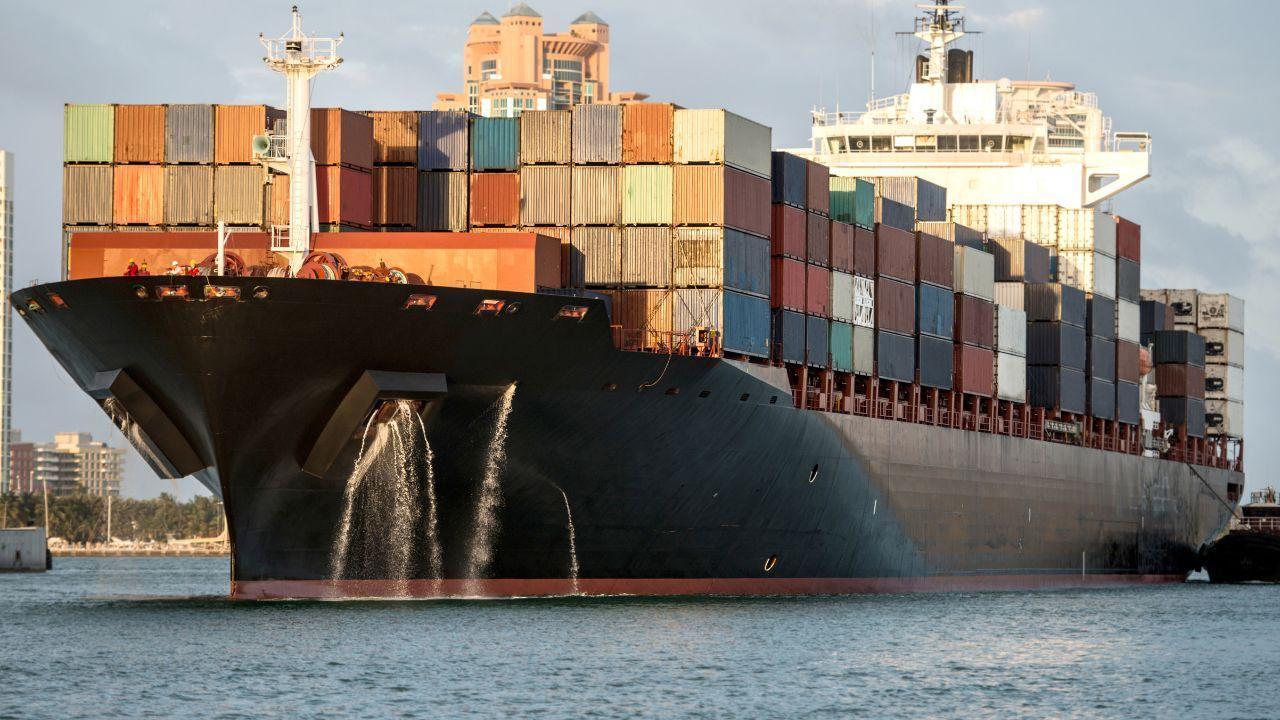
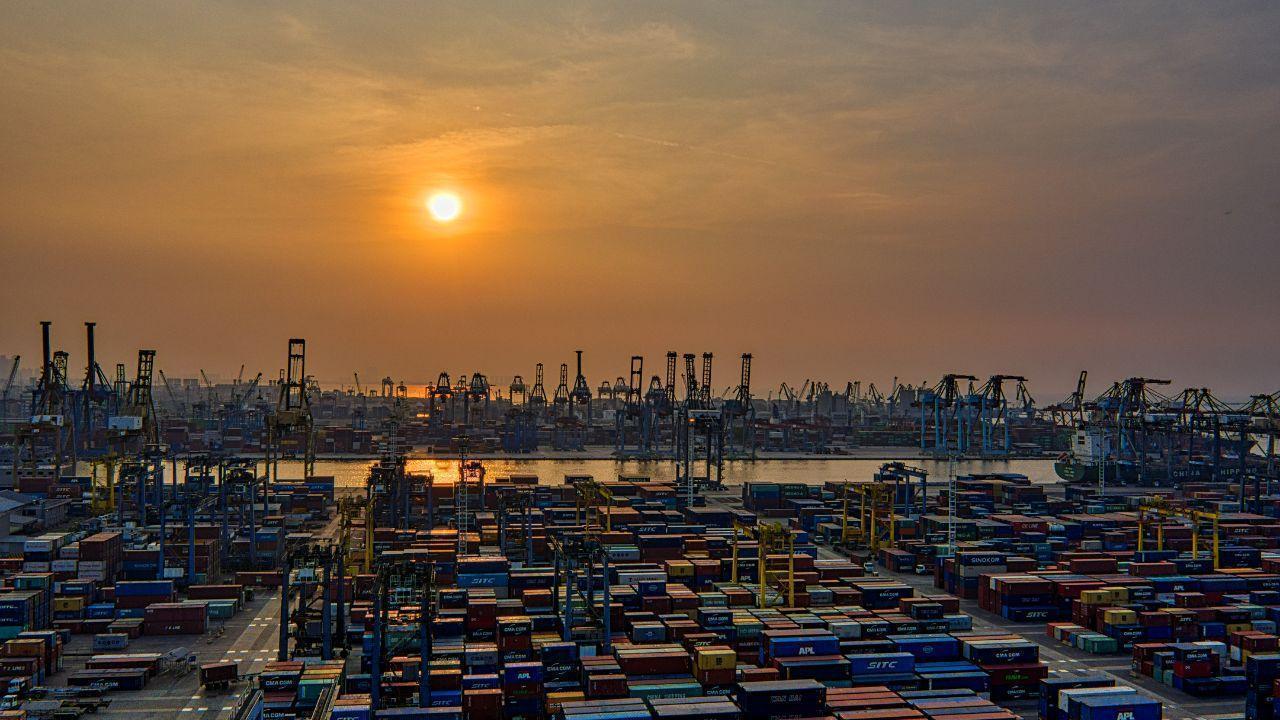


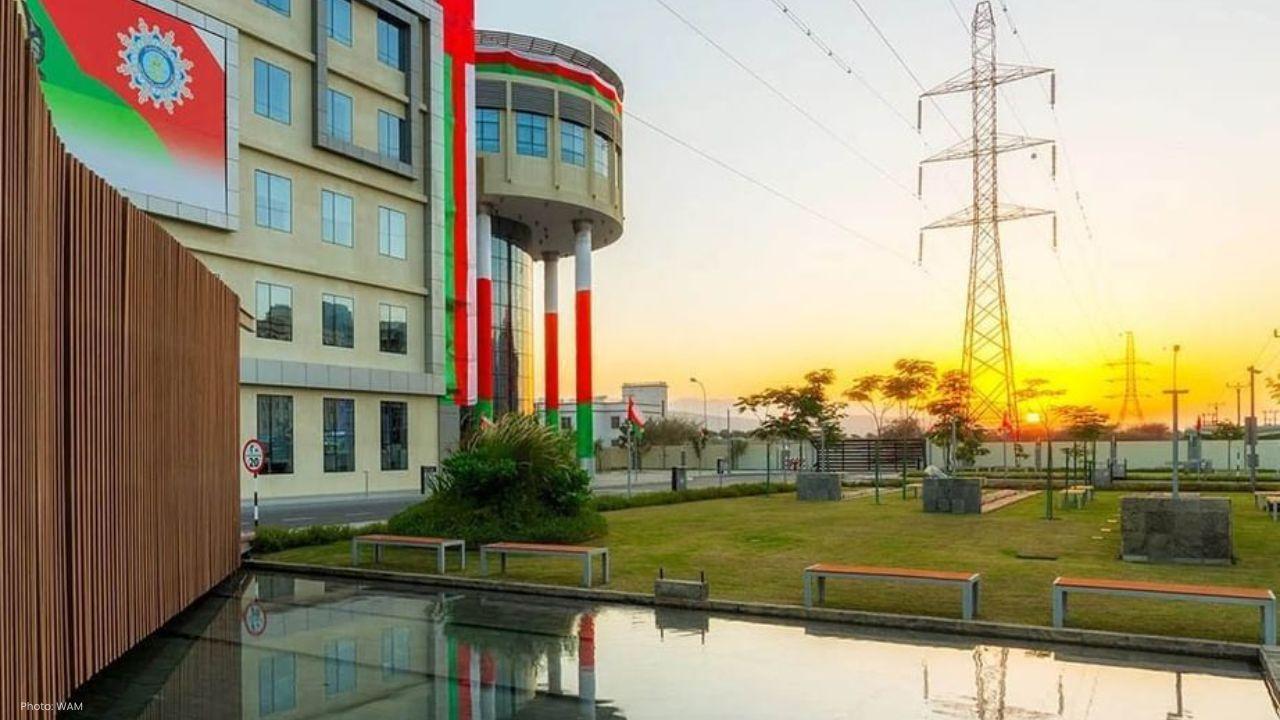
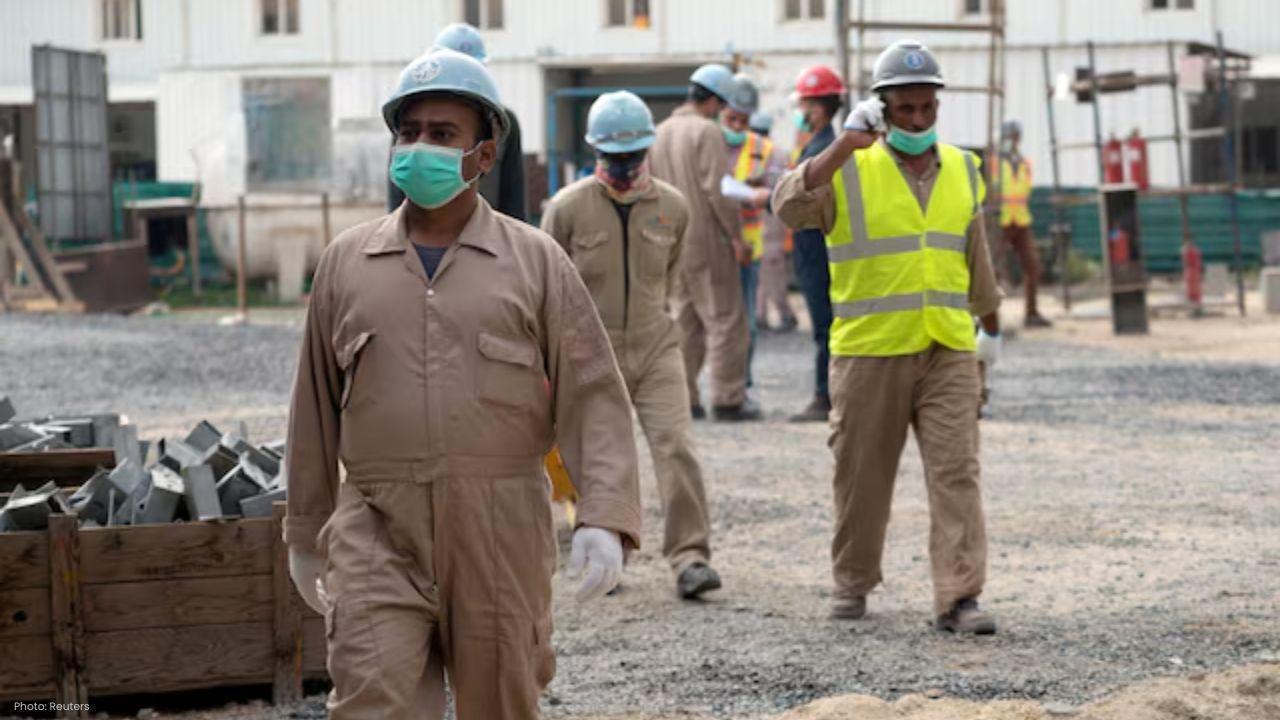
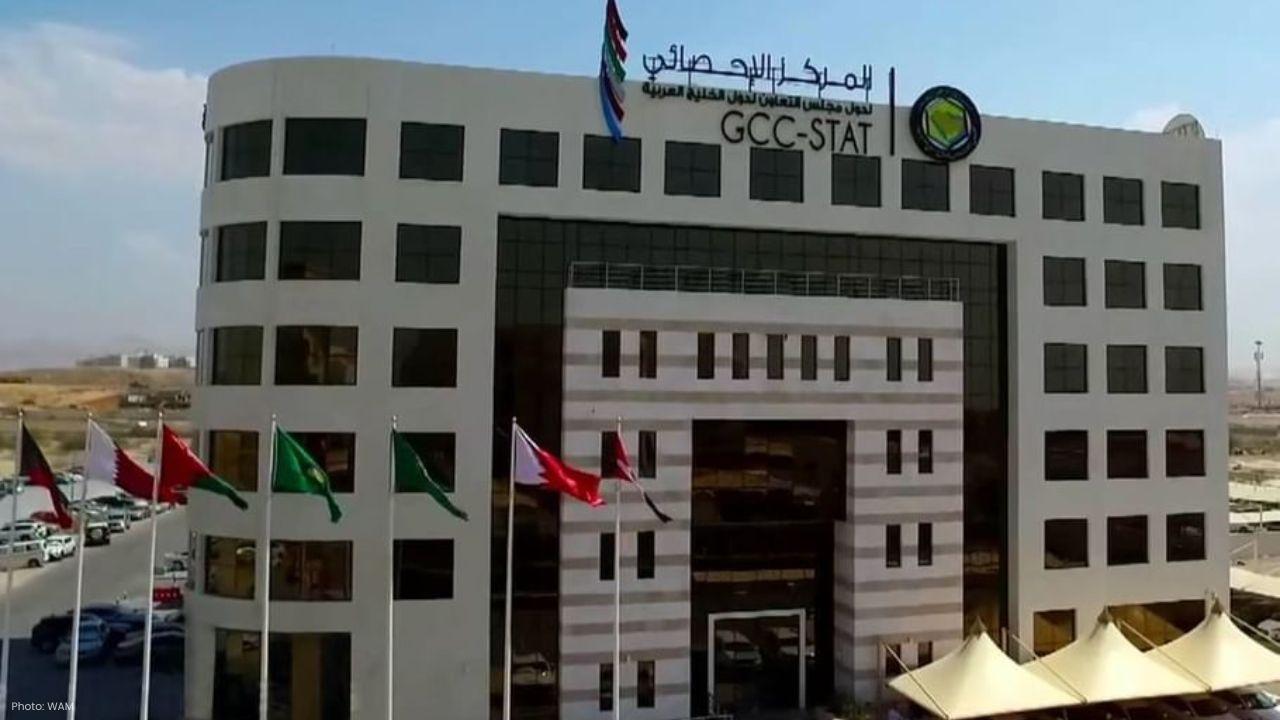


Senior Finance Official Dies In BMW-Motorcycle Accident In Delhi
Navjot Singh, a senior finance official, dies in a BMW-motorcycle crash in Delhi. His wife is critic

OpenAI Grove Program Helps Early AI Entrepreneurs Build Ideas
OpenAI introduces the Grove program to help early-stage entrepreneurs explore AI ideas with mentorsh

US Secretary Rubio Visits Israel After Qatar Strike And Gaza War
US Secretary of State Marco Rubio meets Netanyahu in Israel after the Israeli strike on Qatar, discu

Nepal Youth Lead Deadly Protests That Topple Government
Violent youth-led protests in Nepal force government change, as citizens demand transparency, fight

Indian Woman Walks Alone At 2.37 AM In Dubai Praises City Safety
Indian woman shares video of walking alone in Dubai at 2.37 AM, praising women’s safety, freedom, an
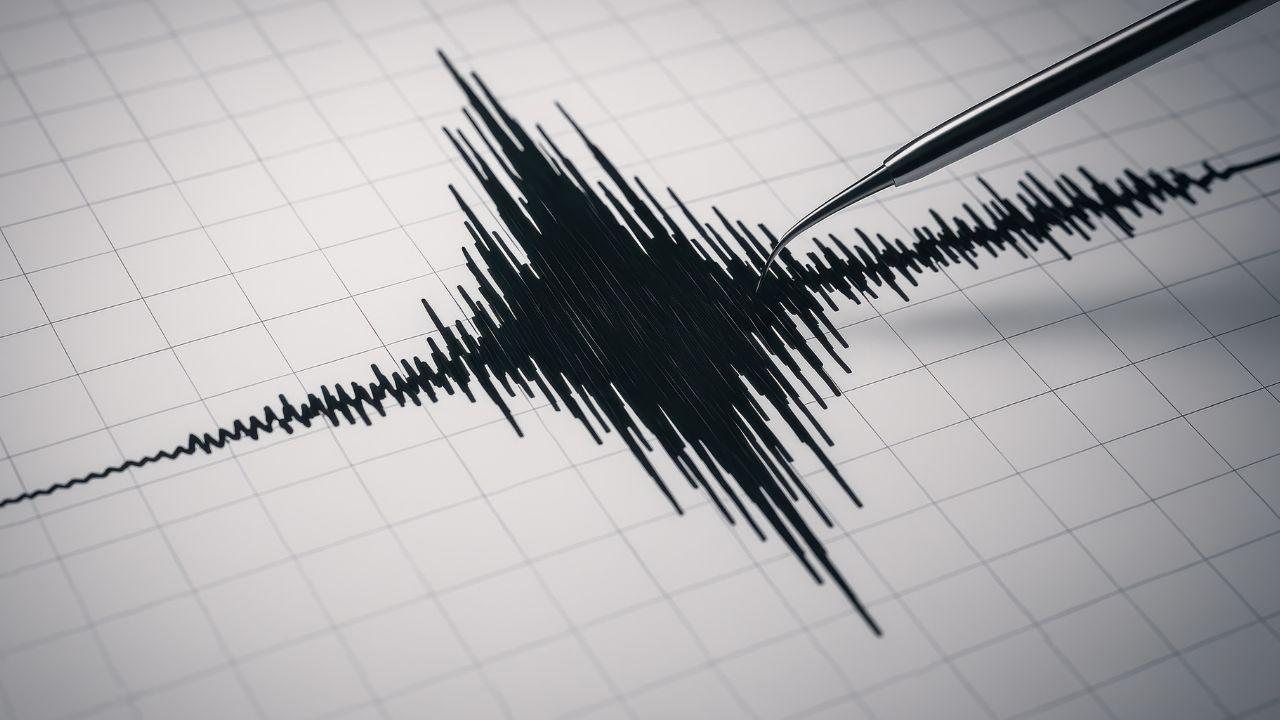
5.8 Magnitude Earthquake Shakes Assam India No Immediate Damage
A 5.8 magnitude earthquake hit Udalguri in Assam, India, causing tremors across the region. Resident